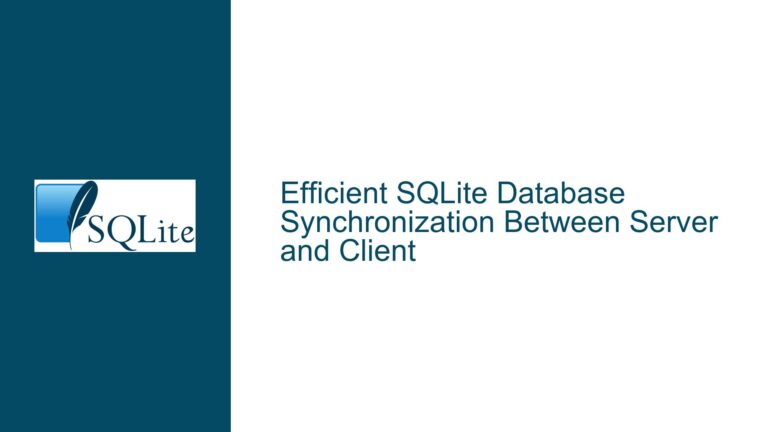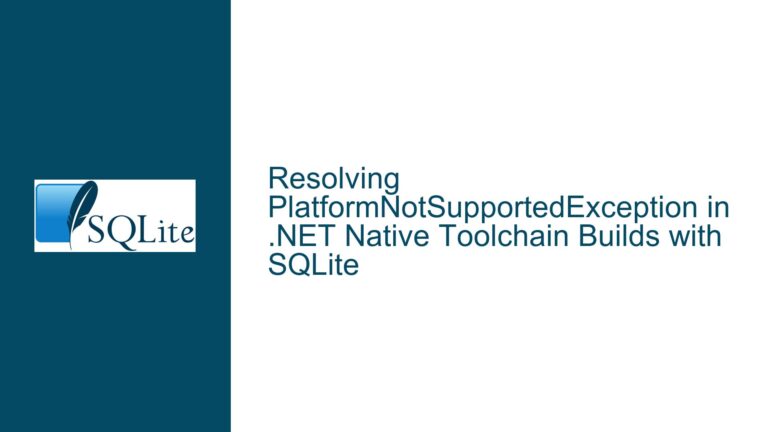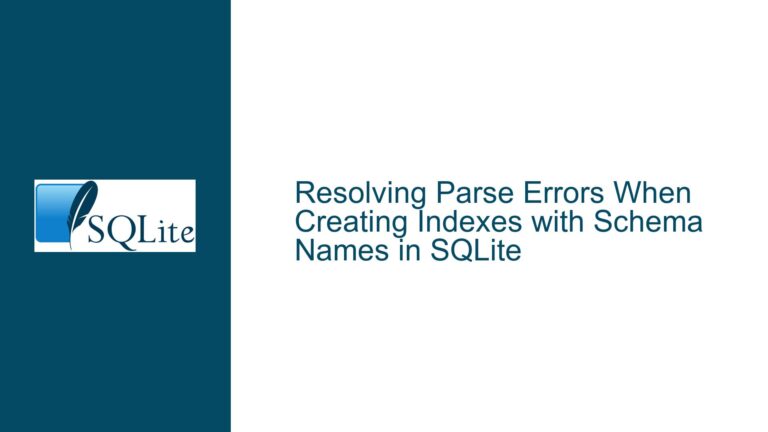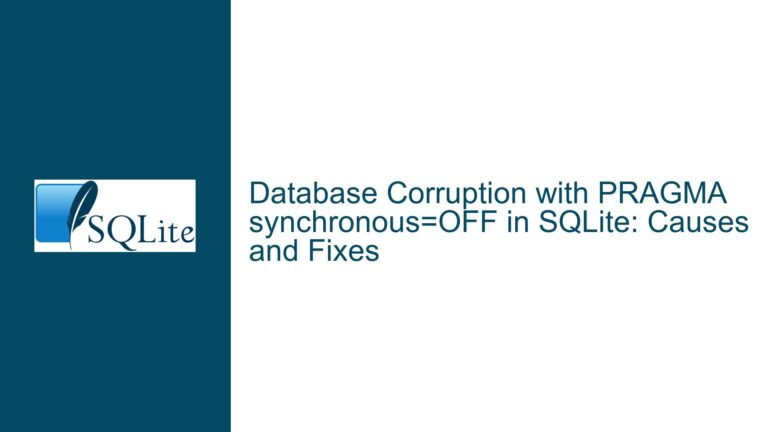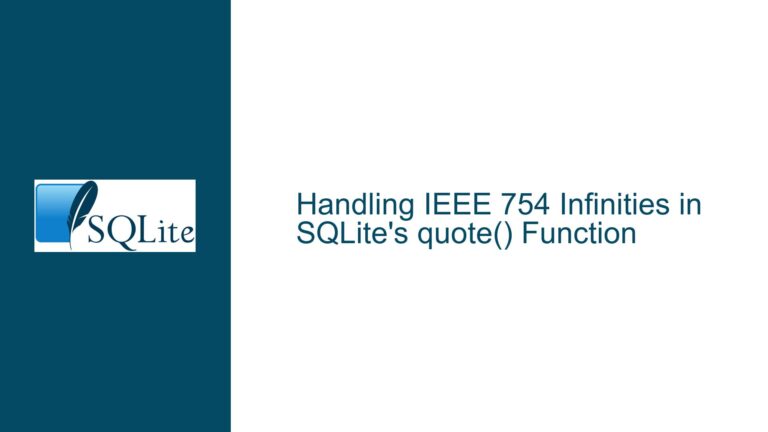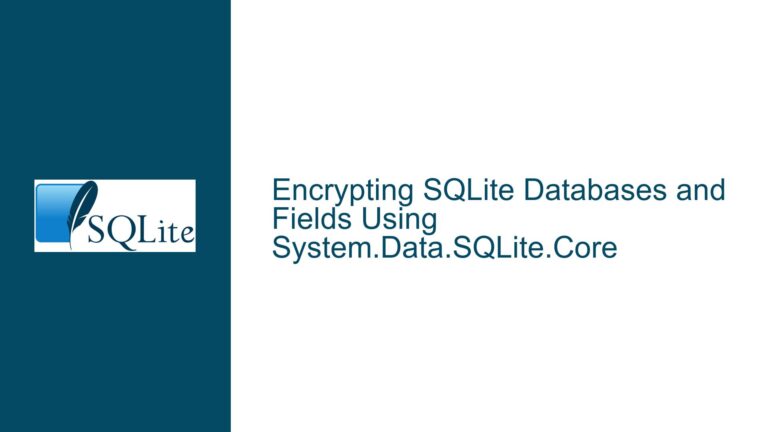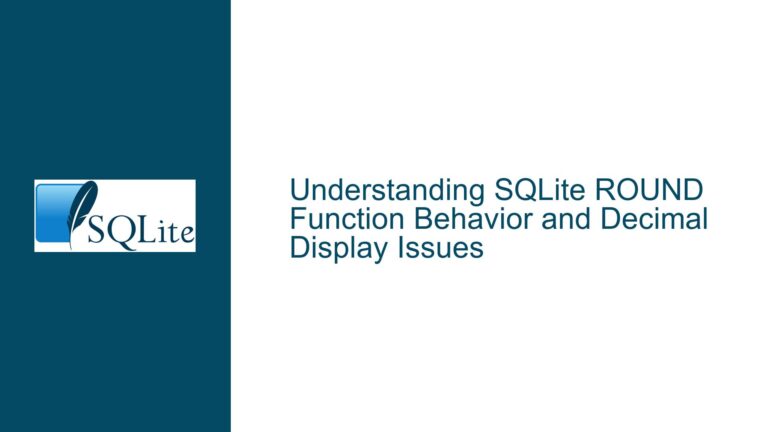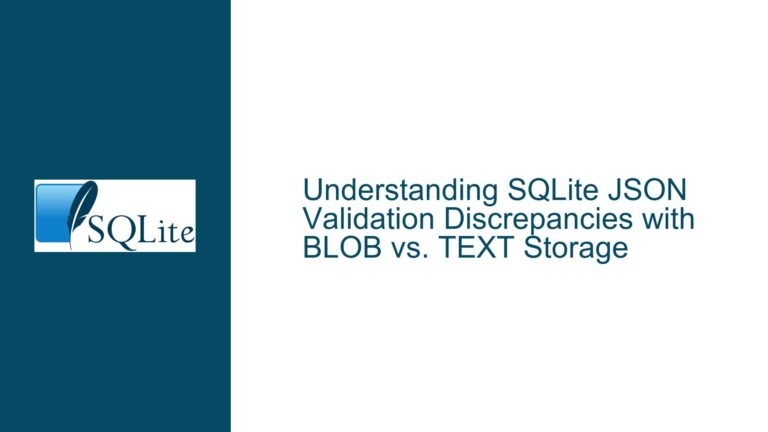Integrating Steampipe Plugins with SQLite: GRPC Challenges and Native Windows Compatibility
Steampipe Plugin Integration with SQLite: GRPC Architecture and Query Execution The integration of Steampipe plugins with SQLite introduces a powerful capability to map APIs to database tables, enabling SQLite developers to query external APIs directly from within SQLite. However, this integration is not without its challenges, particularly concerning the underlying GRPC architecture and the need…

